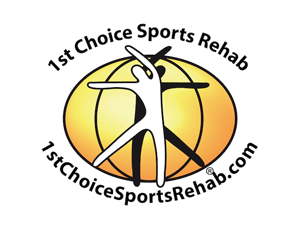Repetitive Stress Injury
Whether you are an Ironman, Crossfitter, or a newcomer to fitness, there will likely come a time in your training when you will either become injured or otherwise be unable to improve your performance. When this happens, chances are likely that you’ll be suffering from a repetitive strain injury (RSI).
While many people may associate the term RSI with conditions like carpal tunnel and keyboard usage, athletes in training are subject to other manifestations of RSI.

RSI in Athletes
Under normal conditions, training results in micro trauma to the muscles and tendons. Between each workout your body repairs the damage, this cycle is repeated, and your body gets stronger. RSI occurs when the micro trauma of your training exceeds your body’s ability to repair between workouts, and as a result, a body part fails or is unable to perform as expected. When a muscle is repetitively overloaded, it will lose its contractile ability, resulting in weakness, fatigue, increased pain, and most importantly, altered mechanics. At this point, the “NO PAIN, NO GAIN” mentality is a very bad idea. The more you push through the pain, the worse the injury will become. Eventually, ibuprofen will no longer help and you may be sidelined for weeks or months.How Do I Know If I Need Sports Medicine?
As athletes themselves, the doctors and therapists at 1st Choice Sports Rehab understand the athlete’s mindset and the importance of staying active. They will do everything possible to get you back up to speed in the shortest time possible. However, the longer you wait to get a repetitive stress injury or other issue fixed, the longer it may take to fix, so get problems evaluated sooner rather than later.
Ask An Expert
Dr. DelFavero and his colleagues at 1st Choice Sports Rehab have a long history of successful sports injury treatment.
Treatment of RSI
Our office specializes in treating sports injuries and offers a number of different treatments for RSI which are customized to get patients back to the top of their game. We understand that often the area of pain is not the cause of the injury. The key to successful diagnosis and treatment of an injury, especially RSI, is to do a thorough history and evaluation to identify the involved structures. Once the involved structures are identified, a specific treatment can be administered. Some of the soft tissue treatments offered in our office include Active Release techniques (ART), Graston Techniques, Fascial Distortion Method (FDM) , Fascial Manipulation, Kinesio Taping, and PiezoWave Therapy. Each of these has been shown to be effective for various types of sport and non-sport injuries.Get In Touch
Decatur Office
John’s Creek Office
Office Hours
Mon - Fri — 8:00am - 5:00pm
Saturday — 9:00am - 3:30pm
Sunday — Closed
